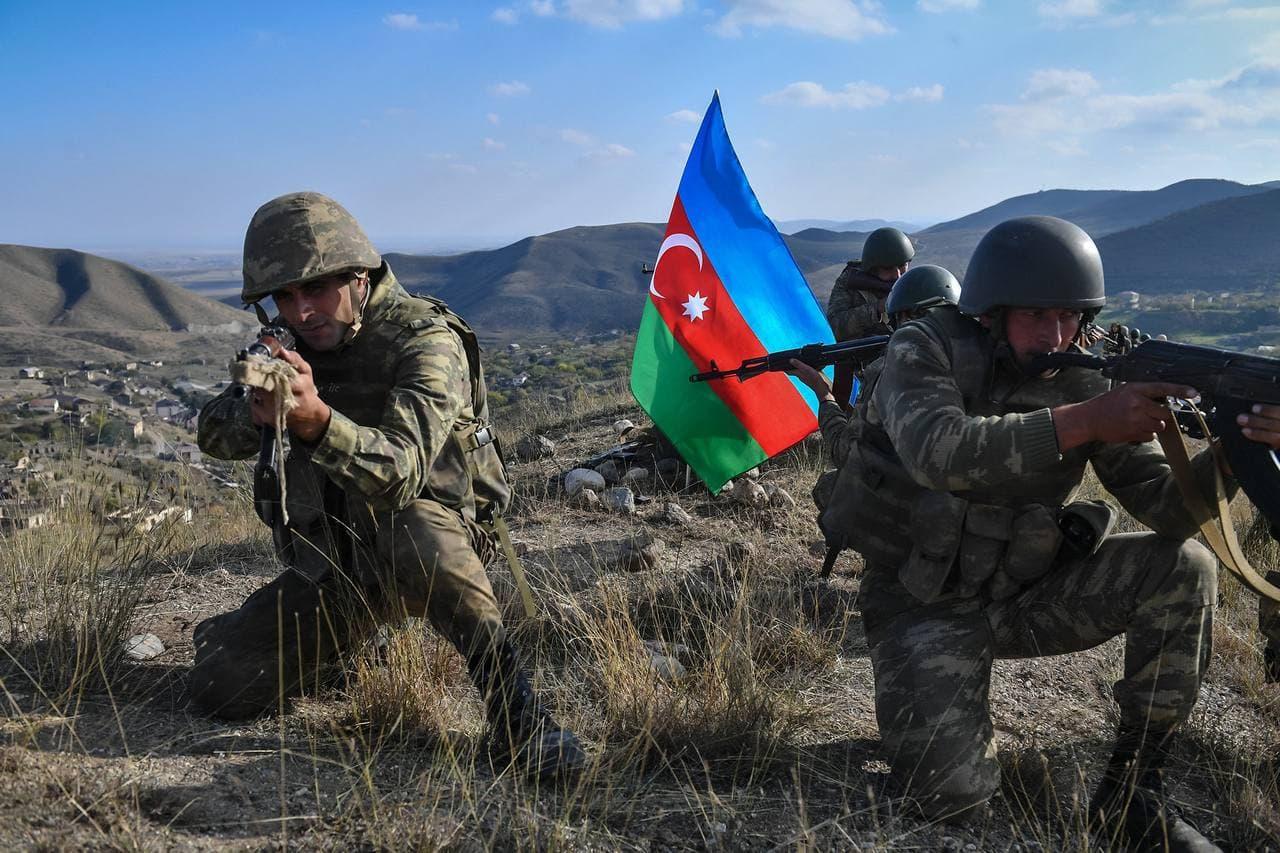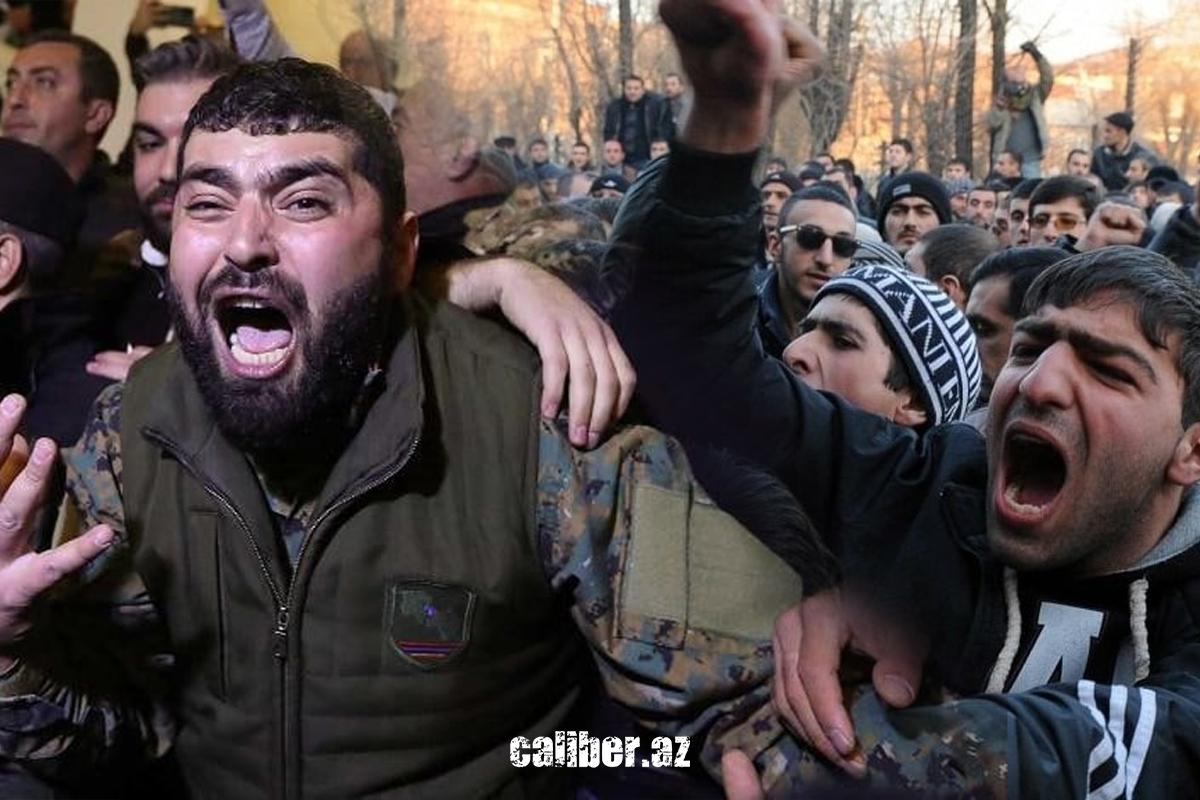Armenia's military spending and lessons from history Guns over butter?
Armenia is reportedly in talks to acquire 78 units of the ATAGS towed artillery system, according to the Indian publication Indian Defence Research Wing (IDRW).
“This follows the successful performance of the six ATAGS units previously supplied to Armenia, which have demonstrated exceptional capabilities across a variety of terrains in the country. The initial batch of six ATAGS howitzers underwent extensive trials across Armenia’s diverse topography, including high-altitude mountainous regions and plains. These trials confirmed the gun’s adaptability, long-range precision, and robust operational reliability, prompting Armenian authorities to explore a larger procurement,” the report states.
The cost of the contract hasn’t been disclosed—at least not yet—and that's understandable. Perhaps they haven’t settled on the "kickback" (or, as some prefer to call it, a "facilitation fee"). It’s a sensitive matter, shrouded in secrecy and certainly not for public consumption.
This doesn’t concern Baku in the slightest, nor does it raise any alarm. Azerbaijan has consistently and unequivocally declared, including from the highest platforms, that if Armenia’s acquisition of any type of weaponry is deemed to pose even the slightest threat, such acquisitions will be treated as legitimate targets.
If Armenia has no better use for its funds, that is their decision. However, this does not change the fact that such acquisitions would qualify as legitimate targets, fully in accordance with international law, which remains on Azerbaijan's side. It is worth noting that Azerbaijan's actions have consistently been both timely and lawful, a standard that should no longer come as a surprise.

Meanwhile, Armenia’s Ministry of Labor and Social Affairs is planning to reduce financial aid to voluntary settlers from Azerbaijan’s Karabakh region. According to reports, the ministry intends to halt the monthly payments of 50,000 drams (approximately $130) starting in April, limiting them to specific categories of settlers, including individuals with Group I and II disabilities, those with severe or profound functional limitations, children, pensioners (under 18 and over 63), and recipients of survivor benefits. Even within these groups, further cuts are expected: from April to June, payments will be reduced to 40,000 drams ($103), and from July to December, to 30,000 drams ($77).
The ministry justified its decision by citing "meetings in various formats, as well as proposals and feedback." This explanation, however, was met with a near-hysterical outcry, reminiscent of an affronted guest at a banquet, from a familiar figure—Gegham Stepanyan. Stepanyan, once the so-called “ombudsman” in the separatist pseudo-government, is no stranger to theatrics.
Stepanyan declared that “if such a meeting took place with certain individuals, and decisions were based on their proposals, the public has the right to know who these people are, claiming to speak on behalf of 'Artsakh Armenians' and making proposals against their interests.”
In short, Stepanyan is outraged, demanding to know who authorized these meetings, where they were held, why decisions were made to “slash, reduce, and optimize” payments, and, most importantly, who is behind it all.

Well, being a kind-hearted person, I can attempt to answer Gegham-jan's pressing questions. Naturally, I have no idea who these mysterious individuals are—neither their names, surnames, nor secret meeting places are known to me. However, I can hazard a guess as to where the "saved" funds might be directed. Armenia seems to have its eyes set on purchasing 78 units of the ATAGS towed artillery system.
Of course, the savings won’t cover the full cost, and additional funds will have to be allocated from the budget. But that, too, is Armenia’s internal affair and, by extension, its population’s problem. The ATAGS artillery system isn’t exactly cheap—though not the priciest option either. However, expecting altruism from the Indians would be naive; there will likely be no discounts. As the joke goes: “Dad, does this mean you’ll drink less now?”
“No, son, it means you’ll eat less.”
Gegam, there’s still time for you to rally your supporters on Yerevan’s Theatre Square and voice a decisive, immediate protest against militarization in general and ill-timed arms purchases in particular. Hurry up, because once the deal is finalized (yes, I mean the "facilitation fee"), it’ll be too late. Any protest rally will likely be dispersed—money loves to be counted, and those pocketing it aren’t fond of demonstrations.
The phrase “guns or butter” is a quote from a speech by Hermann Göring, which goes as follows: “Guns will make us powerful; butter will only make us fat.” Rudolf Hess later put a creative spin on Göring’s words, adding: “Before having more butter, we need to have more guns, otherwise, one day, we’ll lose our last bit of butter.”
How this all ended, I think, everyone remembers. In the end, Germany had neither guns nor butter—at least not until a more peace-loving government came into power. As for Göring and Hess, well, they did just fine, at least with the anti-Hitler coalition.








